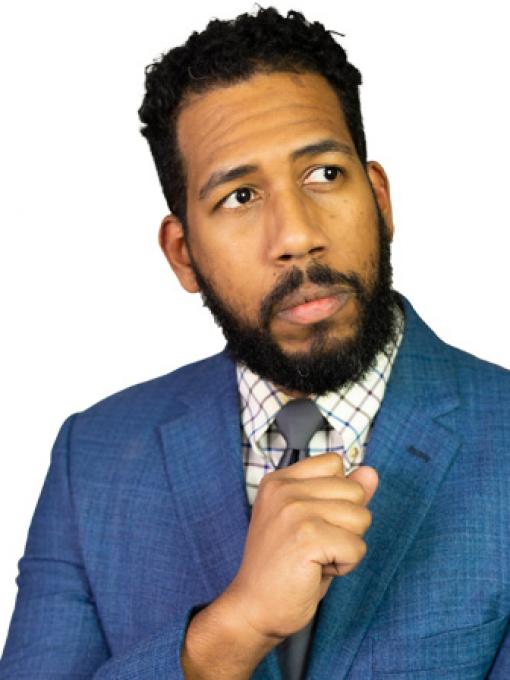Just decades ago, a black person could be asked to count jelly beans in a jar as a test before they were permitted to cast their ballot. Less than 100 years ago the KKK hung recently freed men for daring to exercise their right to vote. We have struggled with our legacy of white supremacy as we have worked to include women as well as racial and ethnic minorities in our common political life. Some of the fiercest campaigns for inclusion have involved extending the right to vote.
Racial violence may look very different today, but white supremacy has taken on new, institutional forms. Modern voter suppression is often framed in the language of political gain, rather than white supremacy. The argument that “all minorities only vote for X-party” or “these precincts turnout heavily for the opposing party” is used to justify voter suppression as a tool for ensuring partisan victory. The result is an expansion of disenfranchisement at a scale not seen since the Jim Crow era.
In Georgia, one-third of counties have fewer polling locations than they did in 2012. More than 200 locations have been closed in poor and rural counties. Most alarming, the Georgia Secretary of State purged, according to the Brennan Center, 1.5 million voters between 2012 and 2016.
Barton County, Kansas reduced the number of polling places from 40 to 11.More than 200 locations have been closed in poor and rural counties. Barton County, Kansas reduced the number of polling places from 40 to 11. Forcing some voters to drive 18 miles if they wish to vote on Election Day.
In Florida, early voting was blocked on college campuses until a federal judge ruled that unconstitutional last July. Florida continues to be one of only four states to permanently disenfranchise returning citizens—only restoring the right to vote if the governor directly intervenes.
The Supreme Court declined to overturn North Dakota’s controversial voter ID law. The law requires residents to show identification with a current street address, despite the fact that many residents on Native American reservations, do not have one. Tribes are scrambling to work with 911 coordinators to establish residential addresses for tribal citizens and, with the help of volunteers and donations, are providing updated IDs free of cost. While the North Dakota tribes are grateful for the community support, tribal citizens should not have to go to this length to exercise their right to vote.
Elected officials may profess reasonable responses for these impediments to the ballot box—like cost or election integrity—but their effects are clear. Fewer people will vote, more will become disinterested and disengaged, and thousands will be kept from casting their ballot.
Whatever their aim, the impact of these laws are almost always the same: Minorities and vulnerable populations – the very people who have been historically disenfranchised by institutional racism that pervades decades after passage of the Civil Rights Act and the Voting Rights Act – are kept from exercising their right to vote.
Quakers seek a society with equity and justice for all. Attacks on the right to vote ultimately result in the election of political leaders who do not represent the needs of all people. Disenfranchisement and voter suppression sustain the status quo of institutionalized racism and feed voter apathy that only grows when people don’t feel that the system works for them.
Our nation and world face serious challenges. To solve them we all need to be part of the solution, not cleaved from the process. It all starts with the right to vote, and we need more of that right not less.
Don’t know where your polling place is located? This website can help. If you or anyone has trouble voting call 866-OUR-VOTE (687-8683) or 888-Ve-Y-Vota/1-888-839-8682 (Spanish & English).
